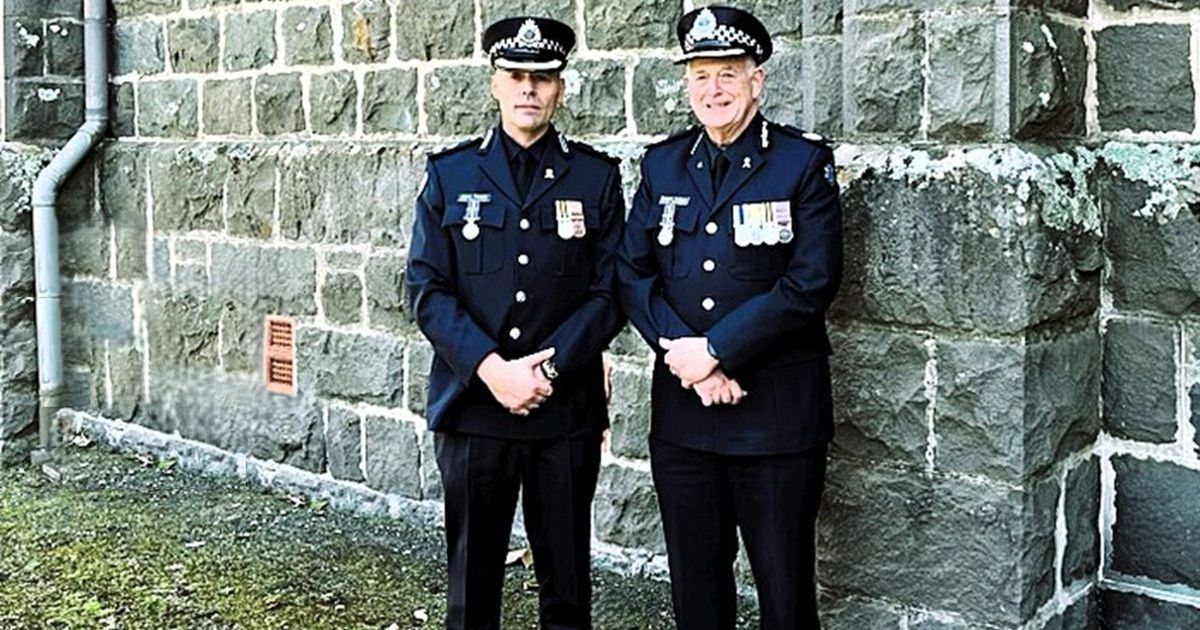From the desk of Roland Rocchiccioli
DONALD Trump is President of the United States of America. He is, arguably, fortified with the collective Might and Power of that country, the most influential man in the world.
It is naïve to dismiss President Trump as a narcissist; a fundamentalist dictator, and a threat to democracy and the Western world. While some of what he postulates, or intends to implement, may not accord with the established views and protocols of the conventional Westminster system under which Australia flourishes, it does not follow, ipso facto, his aspirations are without validity. Some of his objectives make a deal of sense and may serve to restore social cohesion; renovate respect for law and order; reverse distorted truths; eradicate destructive and dangerous wokeism; instil collective trust; and end the rancour which threatens global equilibrium.
Some would argue democracy, which is neither the ultimate nor necessarily the best form of government — simply the best of what is available, may, in its current manifestation, be arriving at the end of its serviceableness. Presciently, a G7 conference called for a revitalised and broadened alliance of those nations determined to defend democratic societies with rules-based order from the threats posed by the dictatorships of China and Russia. In less problematic times, President Putin described Russia as a controlled democracy — an autocracy which allows limited freedoms to its people, but, ultimately, imposes the command of the regime. The state is more important than the individual. Authoritarianism takes precedence over civil liberties. To survive, the regime will aggressively curb or eliminate the effective capacity of political institutions, labour unions, and those groups which traditionally foster mass participation. Citizens’ rights are conceded by the regime.
Majoritarian democracy is fragile. The anecdotal development and the lived-experience of the ideology since the end of the Second World War is multifaceted, and intriguing. Certainly, the controlling administrative zeitgeist which defined 1950s and ’60s Australia has ended, exacerbated more recently with the advent of social media.
Indubitably, our post-war migration programme has transformed the face of the Nation, and its core social mores. Consequently, and arguably more than most other democratic populations, we face a catalogue of palpable societal challenges and multi-cultural influences. Unfettered personal freedoms has diminished the spirit of community and created an ethos of social prophylaxis. A discordant and dysfunctional philosophy has fostered an expectation of entitlement, a commonness of anti-social behaviour, and a deficiency of parental efficacy. Too much of the measured middle-ground has been lost to extremist ideologues and religious and political fundamentalists — those observably violent factions who would destroy our way of life and impose their distorted views. Wokeism and malcontents have sullied the Nation’s discourse. Civility and respect for basic tenets has been corroded. There is a preponderance of moral and political blindness.
The quality of your life should be determined by the quality of your thinking. Today, success is measured by an accumulation of wealth. Good manners are a sign of weakness; duplicity is characteristic; honourable behaviour is anachronistic; and basic decency and concern for our fellow travellers is old-fashioned.
In a world searching for peace and meaning, President Trump’s speech pledges much. It is hoped his administration captures the spirit of his whispers for the betterment of the United States, and the stability and harmony of the world.
Roland can be heard with Brett Macdonald — radio 3BA Monday at 10.45 a.m. Contact: [email protected]



















